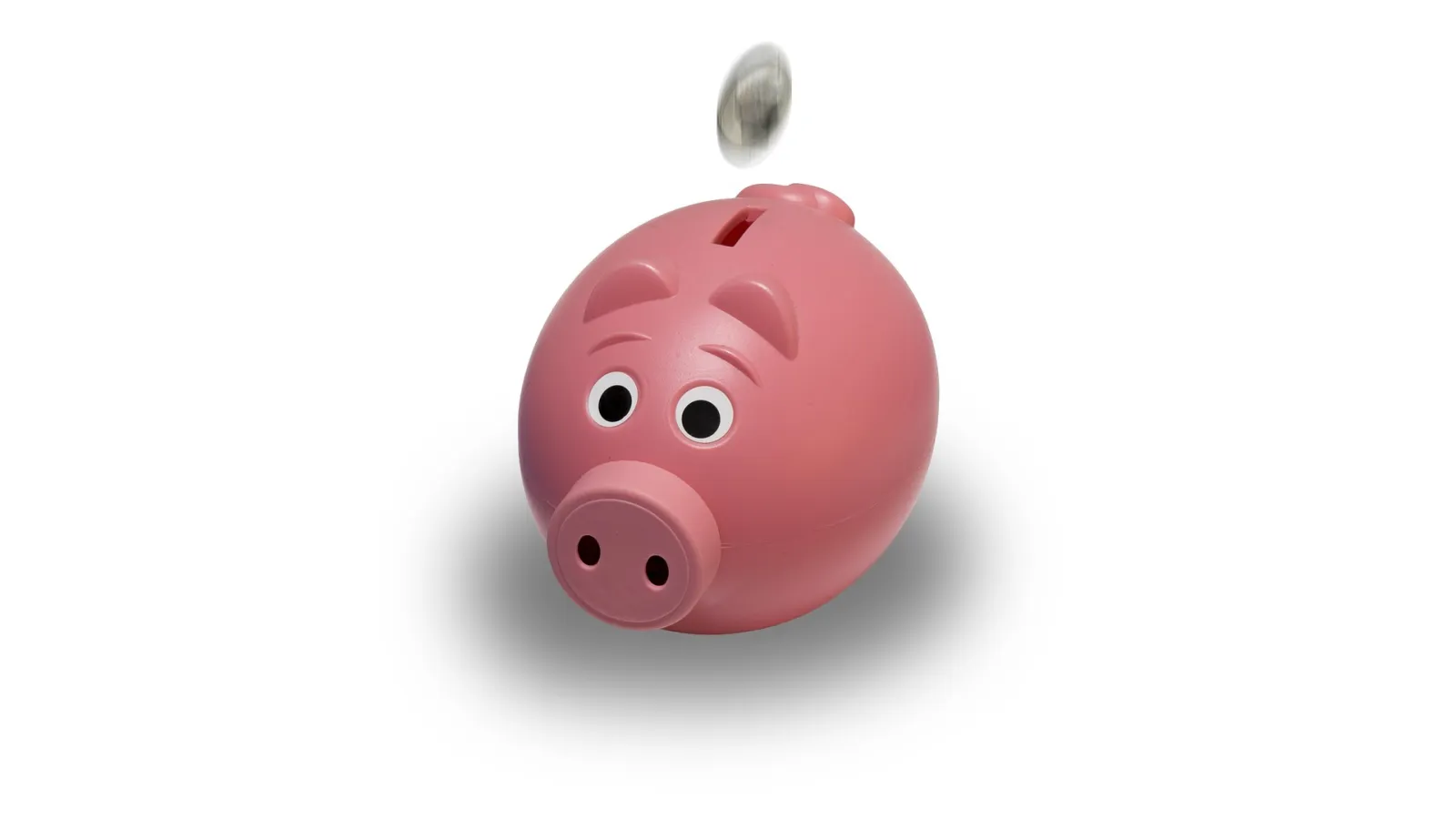Sometimes in life, we need things that we don't always have the money for. For example, buying a house, a new car or post-secondary education. Just because we don't have tens of thousands of dollars in our savings account doesn't mean we can't have the things we need, it just means that we need to borrow money to get them.
When deciding how to borrow money one of the most important decisions to factor in - on top of the interest rate and repayment terms - is whether to apply for an unsecured or secured loan.
What is a secured loan?
A secured loan is a personal loan that's guaranteed by an asset. That asset can be cash, an investment account or property such as a car or a home. This is often referred to as having collateral on a loan. Collateral allows the lender to give you a loan in exchange. By collateral, this can mean the deed to your home or the title for your car.
Do I need a secured loan?
People apply for a secured loan for a number of reasons, the most common is to restore or repair their less-than-perfect credit. If you've had trouble with credit in the past one of the fastest ways to rebuild your credit history and increase your credit score is to apply for a new credit product and make payments on time each month.
The potential flaw in this plan is that it's hard to be approved for credit with a low credit score. Giving the lender security in the form of an asset definitely increases (although doesn't guarantee) the chance of being approved. Credit.com says this type of loan, also referred to as a credit rebuilding loan, is common for people with a FICO credit score of less than 650.
Which is better: unsecured or secured?
According to ConsumerCredit.com the best way to decide which type of loan is best for you is to consider all factors involved such as your current financial situation, your repayment needs and the purpose of the loan. "A secured loan is normally easier to get, as there's less risk to the lender. A secured loan will tend to have lower interest rates."
How do I get approved?
The approval process for all loans is similar: the lender will evaluate your financial worthiness based on income, outstanding debts, credit score and employment. The asset being held as security such as the title for your car or the deed for your home will also need to be verified and handed over to the bank.
The amount of collateral required depends on the overall application. Some lenders will request 1:1 collateral meaning you provide $5,000 in security for a $5,000 loan. However, sometimes the lender will require more such as 2:1 which requires double the amount of security.
If you're thinking about applying for a loan from Coosa Valley Credit Union, contact us today to learn more about secured versus unsecured loans and find out which is the best for your needs.
Image Source: Pixabay
